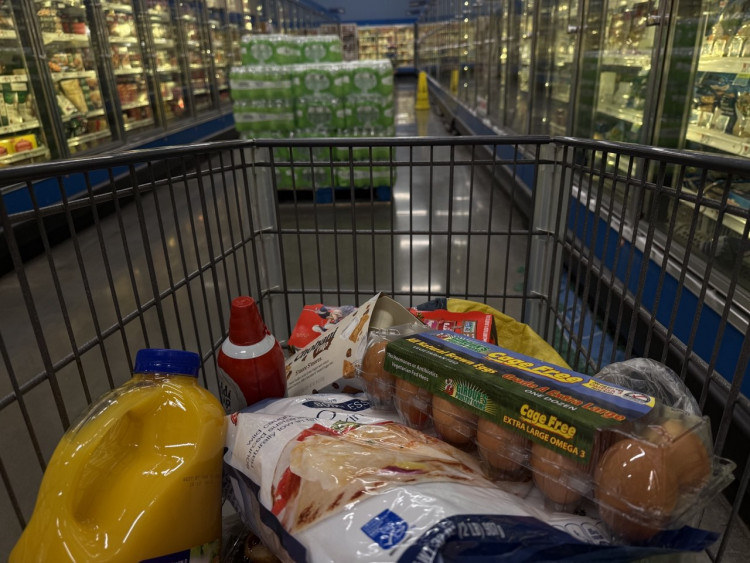Consumer prices in the U.S. rose less than expected in May, showing limited impact from President Donald Trump's tariff regime, according to new data released Wednesday by the Bureau of Labor Statistics.
The Consumer Price Index rose 0.1% on the month, while the annual inflation rate increased slightly to 2.4% from 2.3% in April, marking a modest acceleration from a four-year low. Economists surveyed by FactSet had forecast a 0.2% monthly rise and an annual rate of 2.5%.
Core inflation, which excludes volatile food and energy categories, held steady at 2.8% year-over-year and rose 0.1% from April-matching April's pace and reinforcing expectations that broader inflationary pressures remain in check for now.
Markets initially reacted positively to the data, with stock futures rising pre-market. However, by the opening bell the Dow Jones Industrial Average fell around 40 points, or 0.1%, while the S&P 500 edged up 0.08% and the Nasdaq Composite rose 0.25%.
Falling gasoline prices helped offset increases in rent and groceries. Egg prices declined again in May as the national egg-laying hen population recovered from an avian flu outbreak. Grocery prices overall rose 0.3%, while electricity prices, driven by high industrial demand and natural gas exports, are projected to lift summer air-conditioning costs by 2.1%, according to a Department of Energy forecast.
Federal Reserve officials, while watching inflation closely, remain wary of premature policy changes. Adriana Kugler, a Fed governor, said last week, "We are already seeing the effects of higher tariffs, which I expect will continue to raise inflation over 2025."
The central bank is widely expected to hold interest rates steady next week, despite Trump's repeated calls for further cuts. The Fed cut its benchmark rate by a full percentage point last year in response to slowing global growth and recession fears.
Trump's trade policy has added uncertainty. A 10% baseline import tax now covers nearly all foreign goods, with additional levies on specific items like Chinese electronics and certain metals. The administration's 90-day negotiating window on tariffs is set to expire next month, raising the possibility of further increases.
Despite the muted inflation reading, economists caution that tariff effects may take time to filter through the supply chain. Seema Shah, chief global strategist at Principal Asset Management, wrote, "Today's below-forecast inflation print is reassuring-but only to an extent. Tariff-driven price increases may not feed through to the CPI data for a few more months yet, so it is far too premature to assume that the price shock will not materialize."






